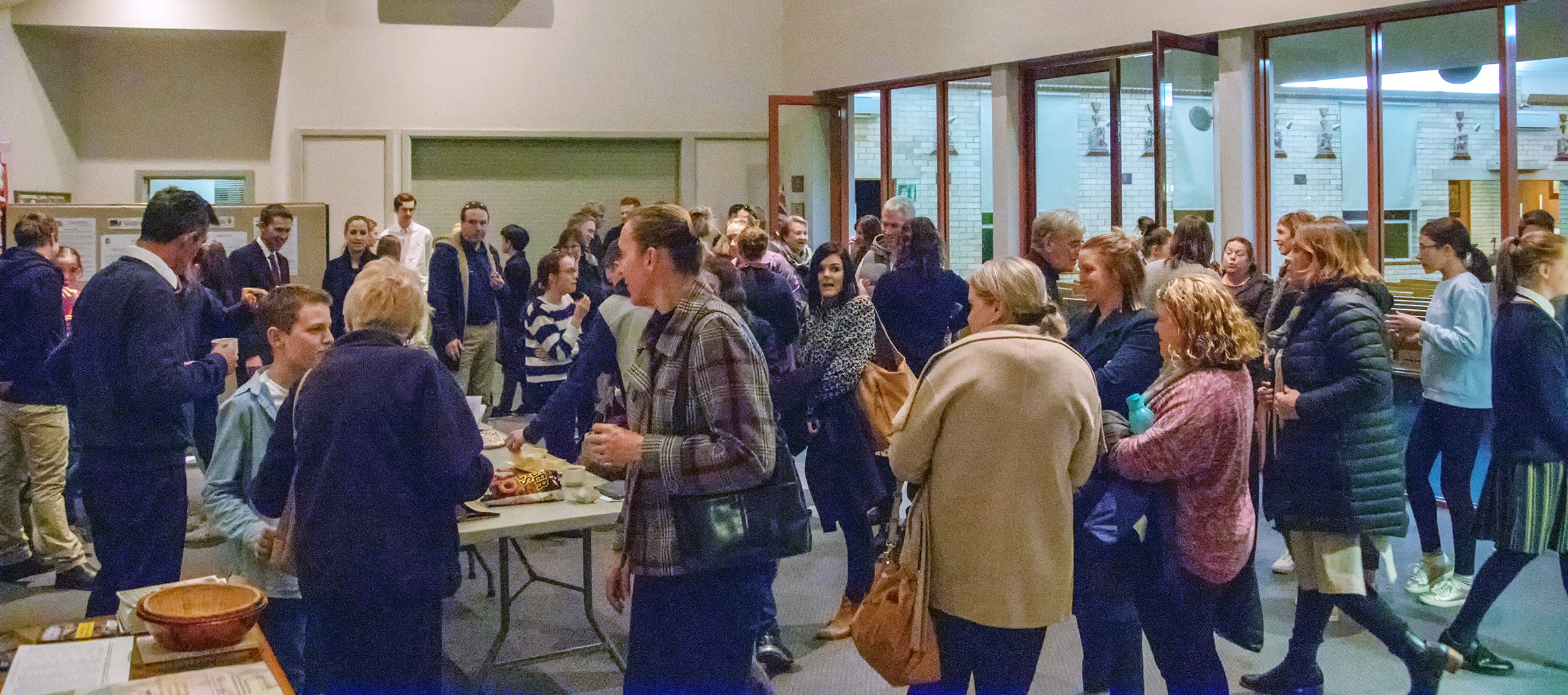Principal’s Update
The ability to say no….
Teenagers need boundaries, they need to hear the word ‘no’. All adults remember the generation before them who were strong but fair, but rarely do we remember the people who faltered at the first disagreement.
I want to share with you some of the requests arising from conversations between parents and staff in recent weeks:
“Can you do me a favour and ask my daughter to clean up her room?”
“Can you please talk to my son about his mobile phone? He is on it all the time!”
“Can you please speak to my child about doing their homework? They need a good lecture.”
“Can you tell my child to stop playing games into the night? We are tired and need our sleep. We can’t monitor his all night…”
“Can you stop the school laptops from accessing the web at home? My son is always on YouTube.”
“Can you please ask my child not to speed? I hate paying for speeding fines.”
“My children are complaining they are doing too much homework…”
These are just a sample of the directions and requests that are regularly presented to members of staff. The issues tend to be centred around befriending our own children rather than on the quality of the relationship and the challenge of parenting. Perhaps I am getting too old, or just grew up in a very different environment, but I think that we can be too concerned about offending when confronting these growing problems.
In recent weeks staff have been reviewing the mobile phone policy and the level of Information and Communications Technology (ICT) access the students should have each day and across the week. Earlier this year I circulated a study that reported teenagers are spending up to, and in excess of, six hours a day on their mobile phone. This is before or whilst playing games when they get home and into the night. For over 60% of teenagers the last thing they do in the evening and the first thing they do in the morning is check their mobile phone. Research also found that 90% of teenagers have a mobile phone.
When you see this figure and consider the broadband usage of our College in Term 1 it is evident that we have a local problem with excessive use of the web. Marry this figure with our stagnating NAPLAN levels for reading and writing and I think there is an obvious solution. WE need to be stronger in setting expectations and creating a learning environment where students are reading and writing more regularly. Literacy in regional and rural areas is a huge concern and there doesn’t seem to be much awareness of the issue; or as a society do we think it doesn’t really matter? If we allow these literacy levels to spiral, then there is one certainty. We are directly impacting on potential for future employment and pathways. Rather than sitting on a mobile for six hours a week, imagine the benefit and growth that would happen if half of that was dedicated to reading.
Next year there will be greater focus on learning and understanding the virtues of:
- Faith: belief in the right things (including the virtues!).
- Hope: taking a positive future view, that good will prevail.
- Charity: concern for, and active helping of, others.
- Fortitude: never giving up.
- Justice: being fair and equitable with others.
- Prudence: care of and moderation with money and resources.
- Temperance: moderation of needed things and abstinence from things which are not needed.
When you pair these virtues with our College values, and reflect on our habits and routines, there are some challenges. Challenges that can only be overcome if the partnership between home and school is strong. If both stakeholders are strong, then things can happen.
As I said at the beginning, teenagers need boundaries, they need to hear the word ‘no’. As a father of four teenagers these conversations are very familiar; it is not easy to turn things off, or say no, but that is my job.
Our touchstone statement, Inspiring members of our community to be learners impelled to thrive and serve, can only be a reality if we are dedicated to the same outcomes and have consensus in setting boundaries and expectations.
Mr Brian Turner, Principal

Students, parents and staff gathered as house communities over the past few weeks for their House Masses, followed by supper afterwards. Pictured: Champagnat House, photograph Hector Miller.

